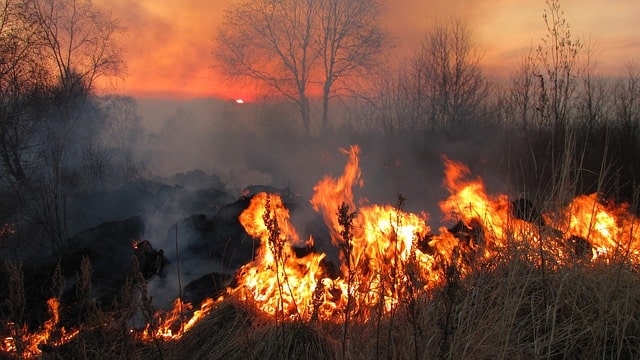Extreme weather events driven by climate change are stressing Australia’s ageing energy system, a new report shows.
Hot and Dry: Australia’s Weird Winter, produced by the Climate Council, explores the impact of 2017’s warmest winter on record.
It claims the nation’s ageing energy infrastructure won’t be able to cope with more frequent and longer heatwaves.
More than 260 heat and low rainfall records were broken, the report says. In addition, Australia’s energy system is ageing, inefficient and polluting.
It is unable to cope with escalating extreme weather including more frequent heatwaves, droughts and storms. According to the report, Australia is also facing a heightened bushfire risk this season.
Renewable energy: the solution to an ageing system
An independent body, the Climate Council favours the transition from fossil fuels to clean energy systems.

These include residential and commercial solar power, solar panel installation and solar power battery storage.
Also, the Council claims the Paris Agreement must remain intact, despite US interest in modifying it. After ratifying the agreement, the Council says the Turnbull Government must now step up clean energy efforts.
Climate Council CEO Amanda McKenzie said there is no stopping the global tidal wave of investment in clean energy.
“There is no denying the economics, renewables are cheaper than new coal and continue to drop in cost,” she said.
“The future is renewable power regardless of the US and Australia isolating itself from global action.”
Why consumers should embrace clean energy
Climate change is driving Australia’s record-breaking hot, dry conditions, the report concludes.
Households and businesses are urged to embrace wind, solar power systems and solar batteries to help reduce carbon emissions.
The three main impacts of climate change on Australia include:
- Decreased crop and livestock productivity. Farmers are leaving the land due to increasingly extreme weather events.
- Increased risk and severity of bushfires. Residents and the environment are at risk especially in eastern and southern Australia.
- Stress on Australia’s ageing energy system. Pressure on existing infrastructure increases the risk of blackouts during peak demand.














































